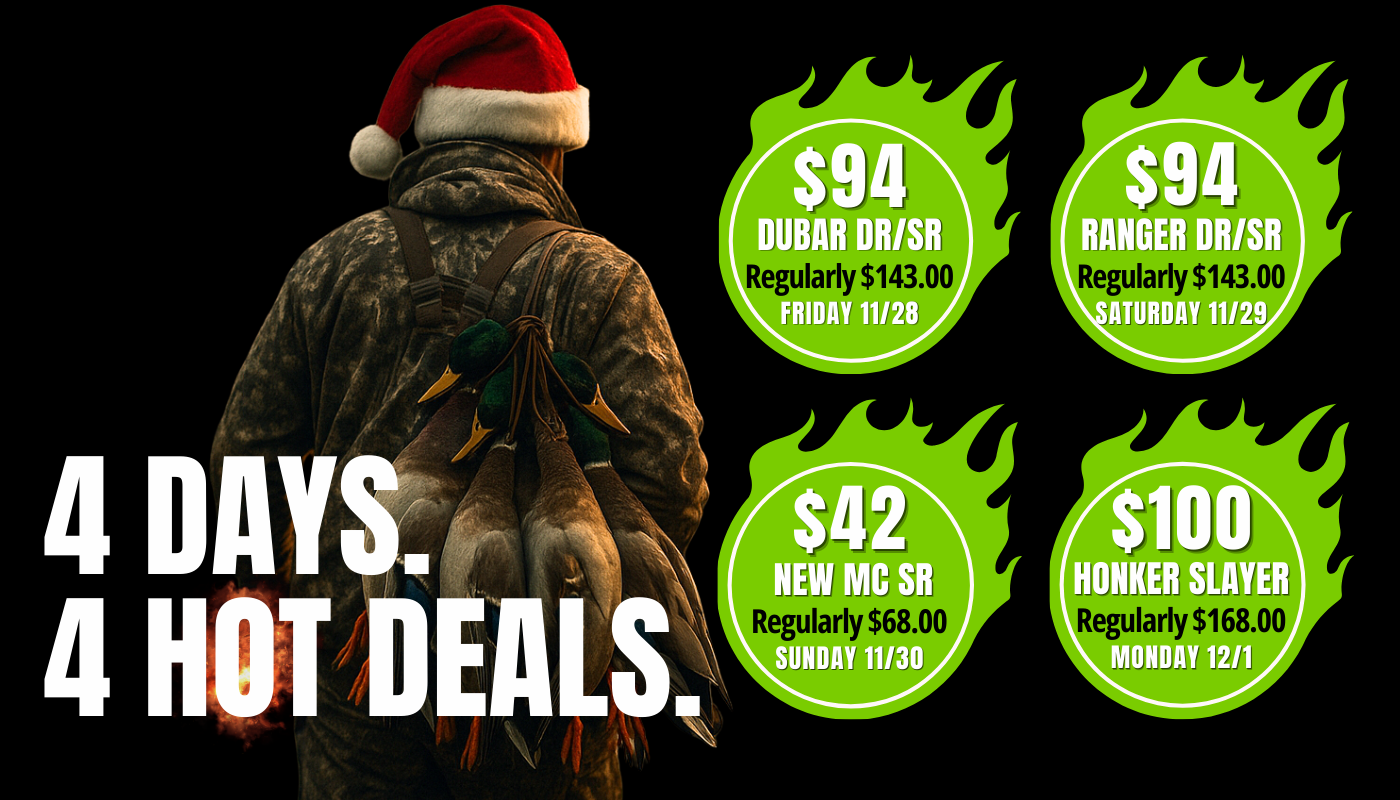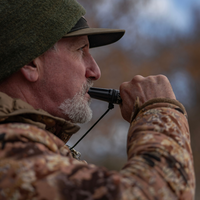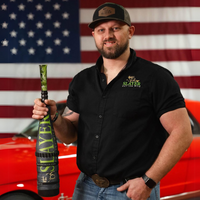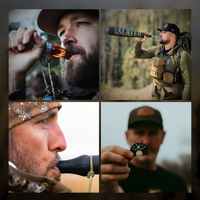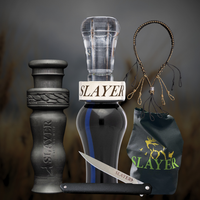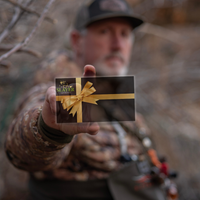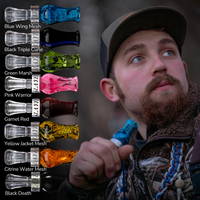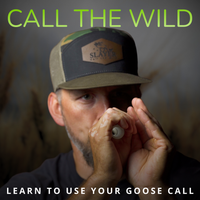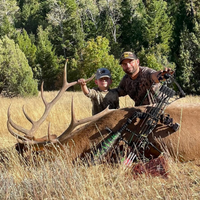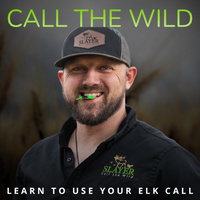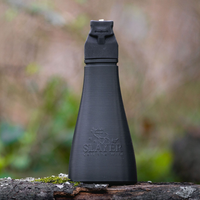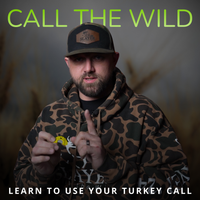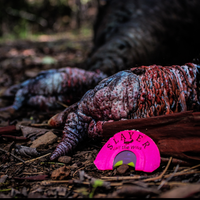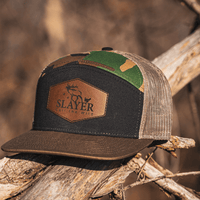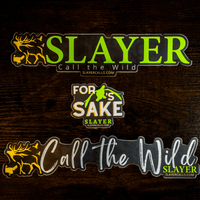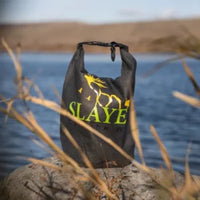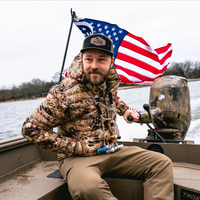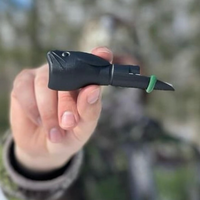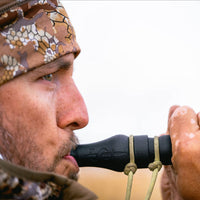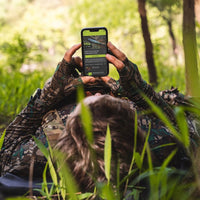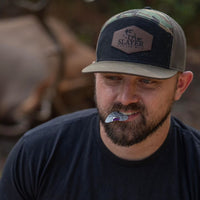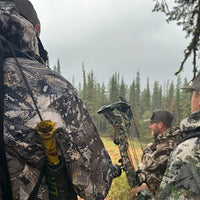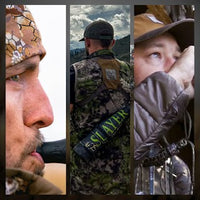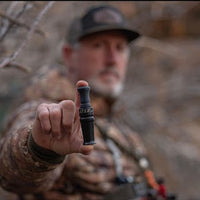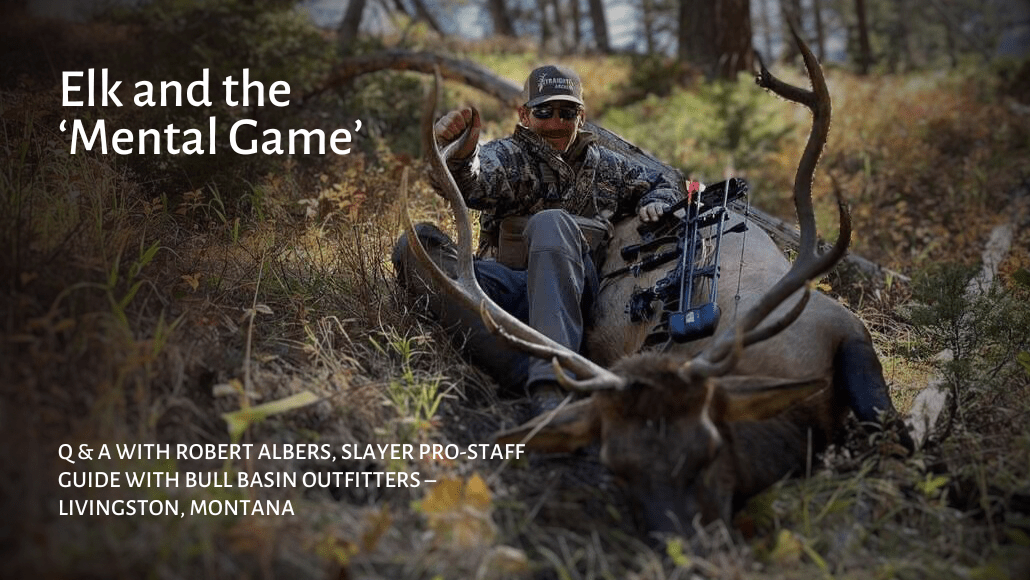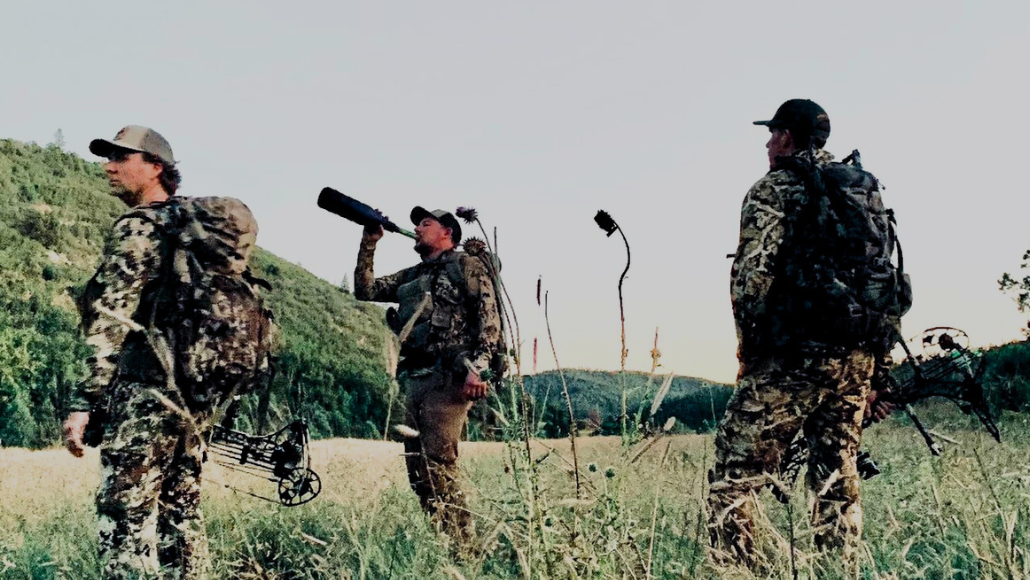By M.D. Johnson
Earlier this month, you had the pleasure of meeting Colorado’s Chance Robbins — founder of the non-profit organization, God’s Country For Our Heroes. A busy man, Robbins, a New Mexico — think BIG bulls! — native, currently works as a guide/outfitter at the Alce Toro Ranch near Trinidad, Colorado. And with 22 years of “elk homework” under his belt, the young man knows what he’s talking ’bout when it comes to bulls, introducing folks to the great outdoors and Mother Nature in general.
This week, Slayer Calls had the opportunity to tie Robbins down (figuratively speaking, of course) and discuss one of the many mysteries of successful elk hunting: to call, or not to call. Today, that’s the question.  Slayer Calls (SC): True or false, Chance — elk hunting is ALL about elk calling.
Slayer Calls (SC): True or false, Chance — elk hunting is ALL about elk calling.
Chance Robbins: (No hesitation) False. There are a lot of
SC: Two situations, Chance, where NOT calling might be advantageous.
Robbins: Again, it really depends on the situation. One, you’re at a waterhole and have a bull in front of you at 75 yards. You’re not going to call to that bull, trying to get him to you, ’cause he’s going to know there’s no cow. You’re going to blow him out.
Author’s Note: With turkeys, I call the buffer zone “getting inside the bubble.”
SC: Another true or false, Chance. Every bull is different in how he does or doesn’t respond to a call.
Robbins: True. There are a lot of variables that go into this one. Time of the rut. Pressure, I think, is the big one. Is the bull tied down with a hot cow? If he is, he’s probably not going to leave her … very seldom are you going to pull a bull away from a hot cow. So yes, every bull’s going to be different in terms of the time, pressure, public land, private land, how close you are to the bull you’re calling.  SC: We all know about ‘over-calling,’ whether it’s bulls or gobblers or geese, but what about ‘under-calling’ or calling too little. Is that even possible?
SC: We all know about ‘over-calling,’ whether it’s bulls or gobblers or geese, but what about ‘under-calling’ or calling too little. Is that even possible?
Robbins: So here’s a tactic I’ve been using, and it seems to work incredibly well. In fact, I’ve been 100% on 16 bulls in the past two years using this scenario: How many times have you found a bull, he hears you, you get in tight and then he shuts up? You get to thinking, do I go quiet? A few cow calls? What? People are often on the fence about what to do, or worse, they walk away saying, ‘I busted that one and he left.’ If I find a bull that shuts up, I’m going to start what I call a ‘Rut-Fest.’ I’m going to
SC: How important is it to listen BEFORE making that first call?
Robbins: It’s very important. Most of the time when people are hunting early morning and late evening, the elk are going to be vocal. You’re not going to go in and just start screaming at a bull ’cause he’s bugling. You’re going to
